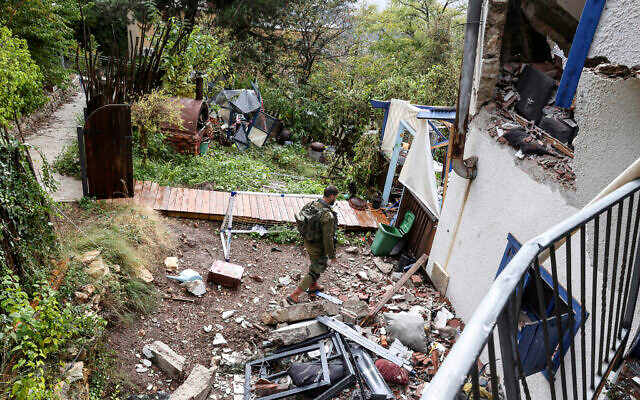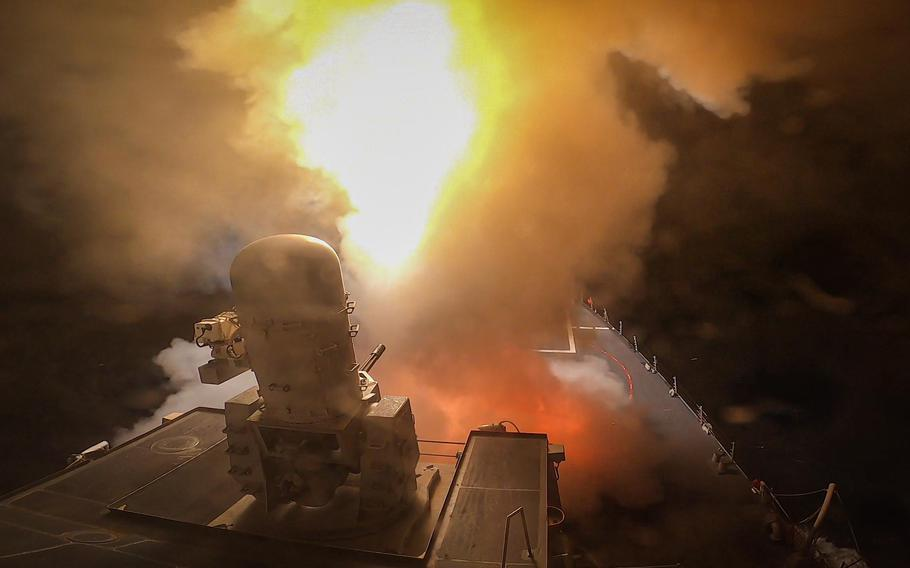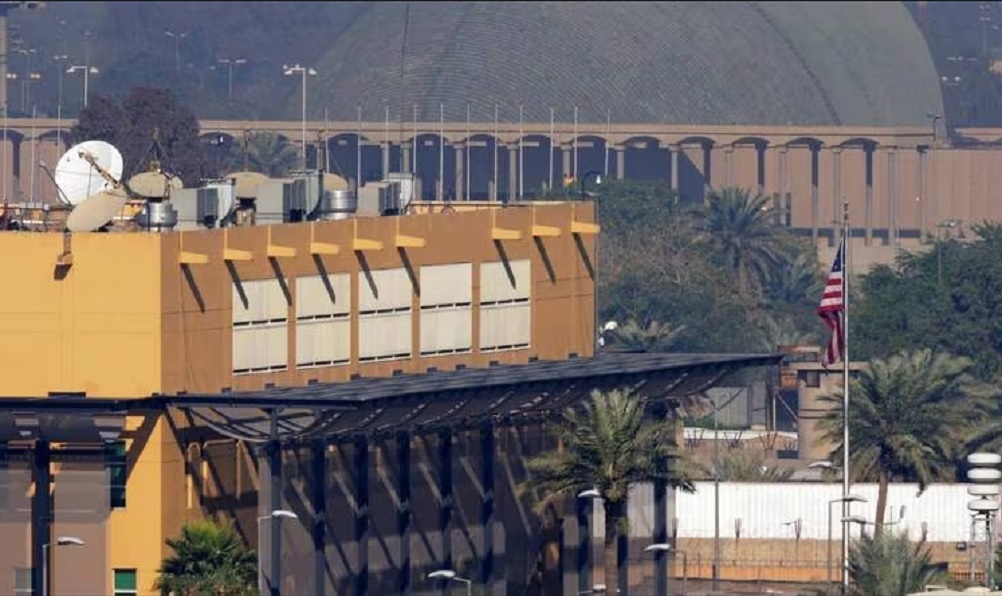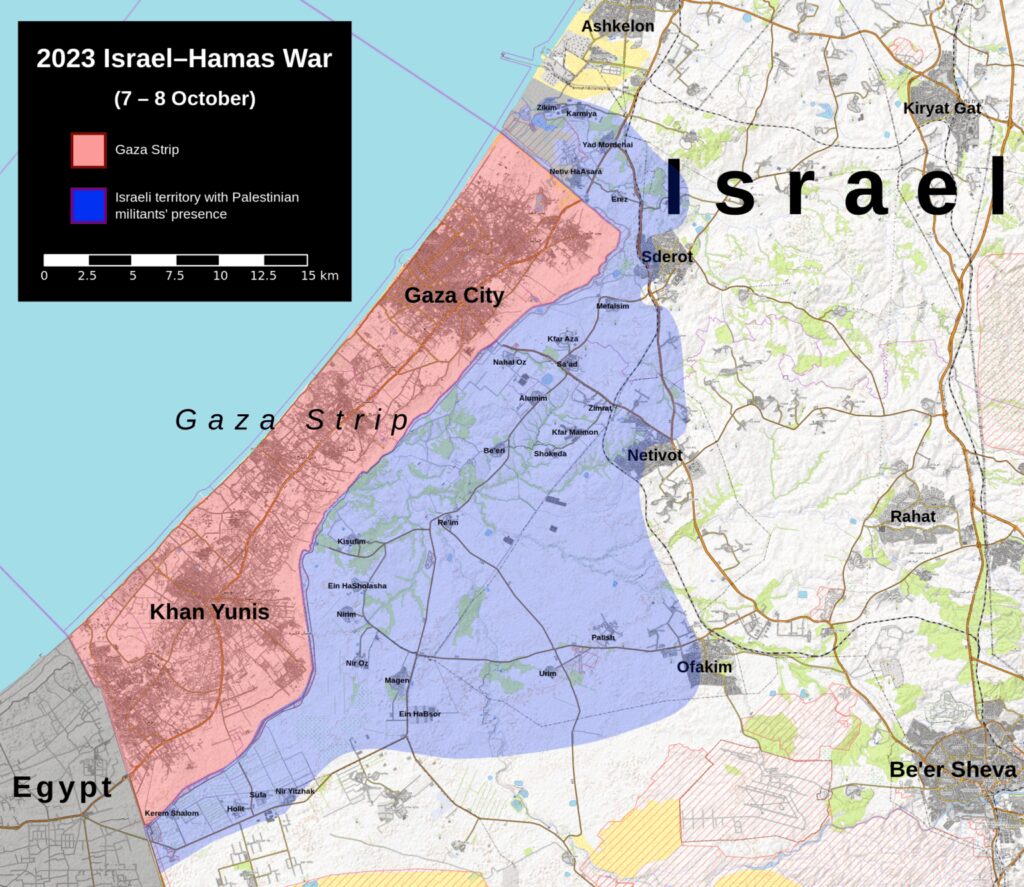National security adviser indicates war against Hezbollah likely once Hamas is defeated

Hanegbi says threat of Lebanese terror group attempting Oct. 7-style massacre of civilians cannot be tolerated; says killing Sinwar in Gaza may expedite war’s end, hostages’ return
National Security Adviser Tzachi Hanegbi indicated on Saturday night that once Hamas is defeated in Gaza, Israel may have to go to war against Hezbollah across the northern border in Lebanon.






